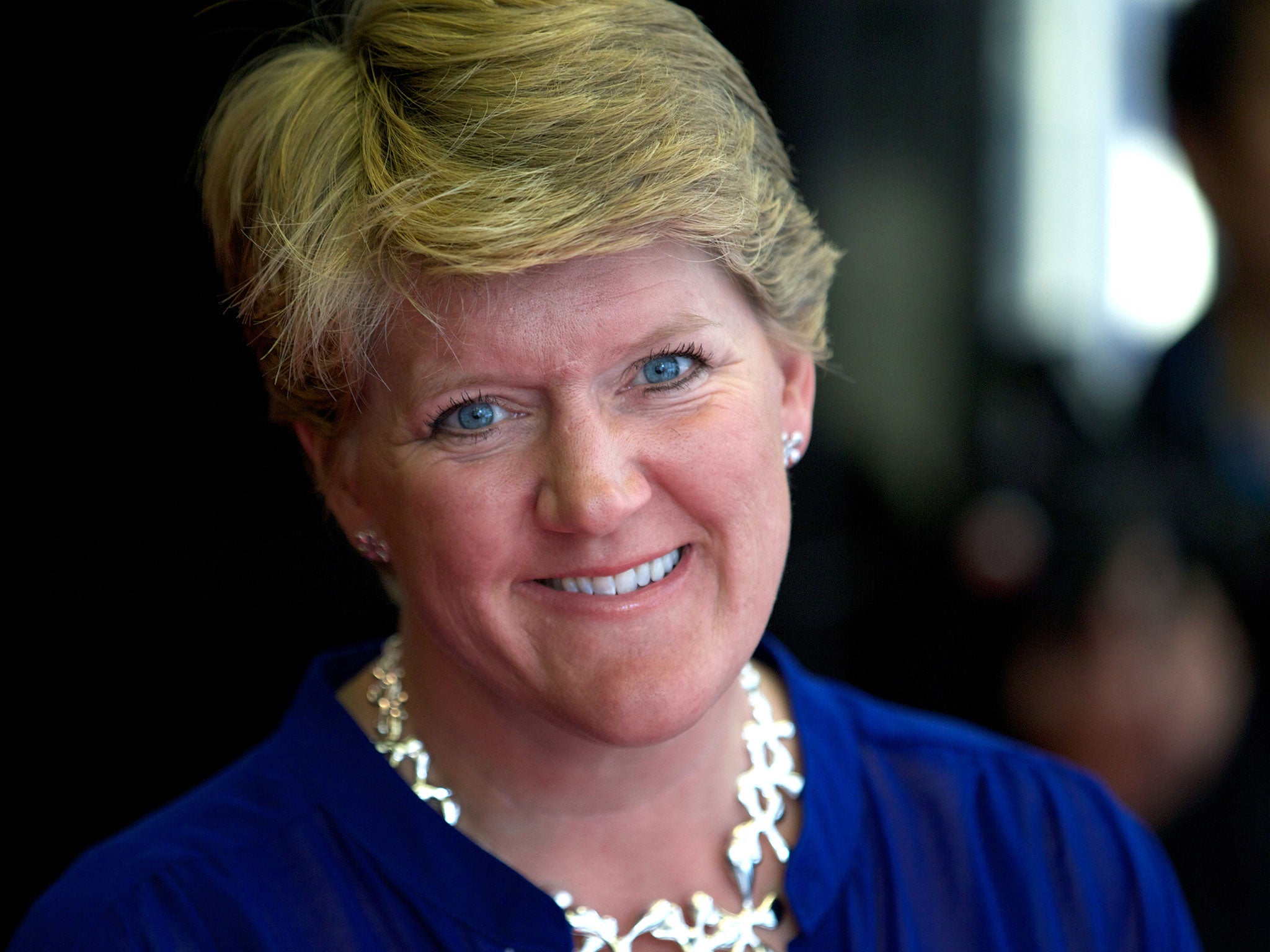BBC Gender pay gap: Clare Balding says public broadcaster should not treat women as ‘discount items’
More than 40 BBC stars have called on Director-General to act on pay disparity

Your support helps us to tell the story
From reproductive rights to climate change to Big Tech, The Independent is on the ground when the story is developing. Whether it's investigating the financials of Elon Musk's pro-Trump PAC or producing our latest documentary, 'The A Word', which shines a light on the American women fighting for reproductive rights, we know how important it is to parse out the facts from the messaging.
At such a critical moment in US history, we need reporters on the ground. Your donation allows us to keep sending journalists to speak to both sides of the story.
The Independent is trusted by Americans across the entire political spectrum. And unlike many other quality news outlets, we choose not to lock Americans out of our reporting and analysis with paywalls. We believe quality journalism should be available to everyone, paid for by those who can afford it.
Your support makes all the difference.Clare Balding has claimed the BBC should not treat women like “discount items” as the backlash to the gender pay gap grows.
The sports presenter made the comments after more than 40 women presenters called on BBC Director-General Tony Hall to address the pay disparity of 10 per cent now.
Ms Balding, one of the signatories of the letter to Lord Hall, told the Financial Times that she and 14 other women said they would form a "working group" with the Director-General.
“It’s not about my salary or any of us on the list,” Ms Balding told the newspaper.
“We are all very well recompensed but I am concerned for those who have tried to challenge the system and been ignored.
“I don’t want women to be undervalued or for bosses to assume that they can get away with treating us as discount items.”
The BBC revealed what it paid 96 of its most high-profile presenters in 2016, who earned more than £150,000. Women made up just one third of the list.
Commentators feared the gap might be wider given that the list did not include additional pay earned by certain stars from private production companies and from additional shows they might have worked on throughout the year.
The BBC’s pay gap of 10 per cent was found to be lower than the national average of 18 per cent.
Strictly Come Dancing presenter Claudia Winkleman was the highest-paid female broadcaster in 2016 with a salary of between £450,000 and £500,000. The broadcaster’s highest paid male presenter, Chris Evans, earned £2.2 million.
The letter to Lord Hall was also signed by The One Show presenter Alex Jones, Newsnight hosts Emily Maitlis and Kirsty Wark, and Today programme presenter Mishal Husain.
“This is an opportunity for those of us with strong and loud voices to use them on behalf of all, and for an organisation that had to be pushed into transparency to do the right thing,” the letter read.
When news of the letter broke, Ms Balding tweeted: “1970: Equal Pay Act. 2010: Equality Act. 2020: BBC target. We're standing together to politely suggest they can do better.”
Lord Hall told BBC Radio 4 at the weekend that he would commit to equal pay by 2020, adding that “if we can get there earlier then we will”.
He did not directly address the question as to whether he would consider revising down certain male presenters’ pay, rather than raise women’s pay, at a time when the BBC is grappling with funding its license fee for the over-75s.
Join our commenting forum
Join thought-provoking conversations, follow other Independent readers and see their replies
Comments